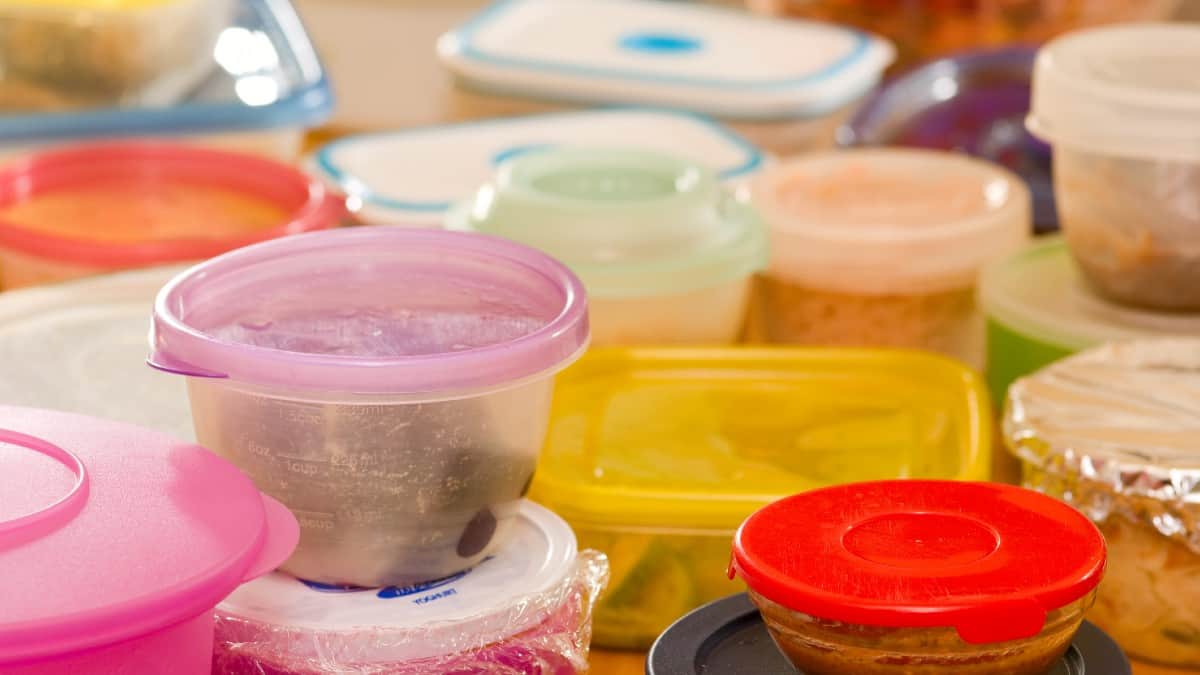You’ve probably heard of the concept of batch or bulk cooking. One of the primary benefits of batching is that it saves you time and as well as the daily stress of deciding what to eat and preparing it.
But are you aware that time and stress are not the only thing you save when you batch cook? Did you know that batch cooking could save as much as £1,100 on your annual food bill? Here’s the lowdown.
[top_pitch]
Saving money by batching: what does the research show?
According to new research by international cookware brand, Pyrex, Brits are clocking up an average of 240 cooking hours each year. That’s equivalent to spending 10 whole days in the kitchen preparing meals!
There is, however, a way to save not only on time spent in the kitchen but also on money spent buying food. This is by batch cooking.
Like the name suggests, batch cooking simply refers to cooking a large quantity of food – either a large batch of a single dish or several dishes – at once and then storing it in the fridge or freezer for later use.
According to Pyrex, preparing meals in bulk could save you up to 2.5 hours each week (which rises to just under 3 hours for batch cooks with kids under 18).
More importantly, batching can save you money on your annual food budget – an average of £1,100 to be exact. The savings could be even greater, as research shows that one in every five batch cooks save more than £1,540.
Needless to say, that’s a lot of money — money you could put towards other useful expenses or, better yet, save or invest it.
[middle_pitch]
How do I get started with batching?
If you’ve never batch cooked before and aren’t sure where to begin, don’t worry; it’s a relatively simple process.
Start by planning your meals for the next few days or week or two. That way, you’ll know exactly what you’ll batch cook.
If you’re stuck for ideas, there are a plethora of free online batch cooking recipes available to help you decide.
In fact, Pyrex has launched a new batch cooking campaign to assist those interested in embarking on this journey. It’s called “Batching For Beginners” and comes with several batch cooking recipes from super batch cook, Suzanne Mulholland including some favourites like bolognese, casseroles, and curries.
Once you’ve decided what you’re going to cook, make a list of all the ingredients you’ll need and then shop for them.
You probably won’t need any special equipment for batch booking, but there are a few that can significantly make your life easier, such as an instant pot and soup maker, now that you are preparing many meals at once. But this will also depend on what exactly you are cooking.
Once you have everything, set aside a few hours, e.g on the weekend, and get down to business. 3-4 hours should suffice for a few days or a week’s worth of meals.
Keep in mind that you are preparing a large amount of food meant to last for days or even weeks. So you need to ensure that it’s stored properly. Any food stored in the fridge should be placed in an airtight container, so ensure you have plenty of these. Also make sure that you put each food type into the right fridge compartment.
Remember that anything that you will not be eating in the next four to five days should go into the freezer rather than the fridge.
Final word
Unfortunately, many households in the UK are currently living off a limited food budget. In fact, according to Pyrex research, one in every five households has less than £50 to play with each week.
But as Alexandra Blyth, Marketing Manager for UK & Ireland at Pyrex, says:







